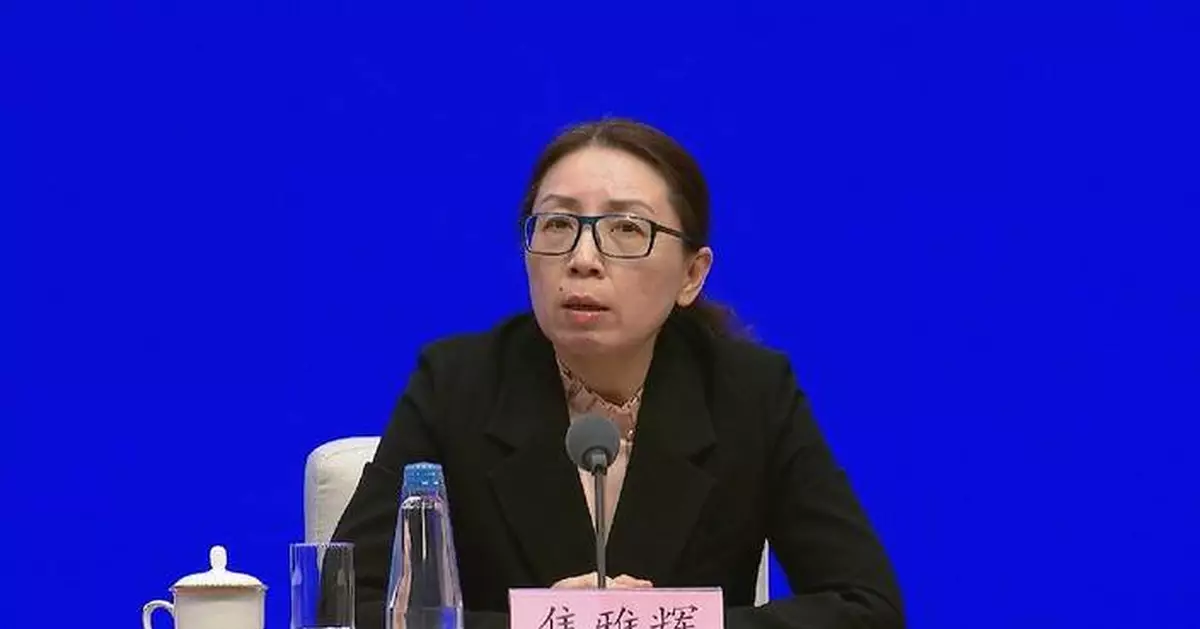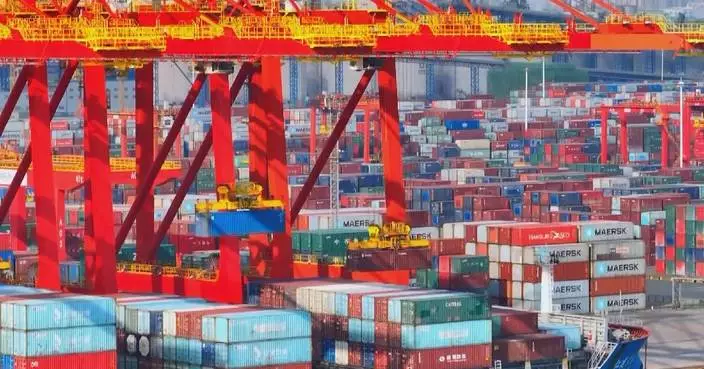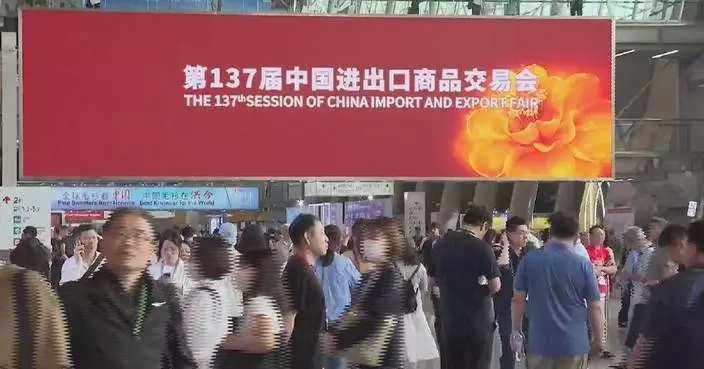China will open its healthcare sector wider to foreign investment and expertise, Jiao Yahui, a senior official with the National Health Commission, announced Monday.
Speaking at a press briefing in Beijing, Jiao introduced that the latest moves include allowing qualified foreign doctors and those from Hong Kong, Macao and Taiwan to open clinics in designated pilot regions. The measures also support short-term practice for overseas medical professionals, with streamlined and simplified approval processes.
These actions fall under a work plan to expand access to China's services sector for foreign investment and professionals, which was released last week by the Ministry of Commerce.
With data security and patient privacy guaranteed, the plan also encourages the joint development and sharing of health and medical databases. It calls for the increased standardization of clinical data and improved sharing between hospitals.
"We expand the pilot programs in the medical field, with the goal of introducing high-quality medical resources. We will also actively prompt commercial health insurance to support overseas-funded medical institutions. During the pilot process, we will also guide these pilot cities to constantly and dynamically sort out and summarize the pilot situation, form replicable and promotable experiences, and make adequate preparations for the further expansion of opening up and policies optimization," said Jiao.
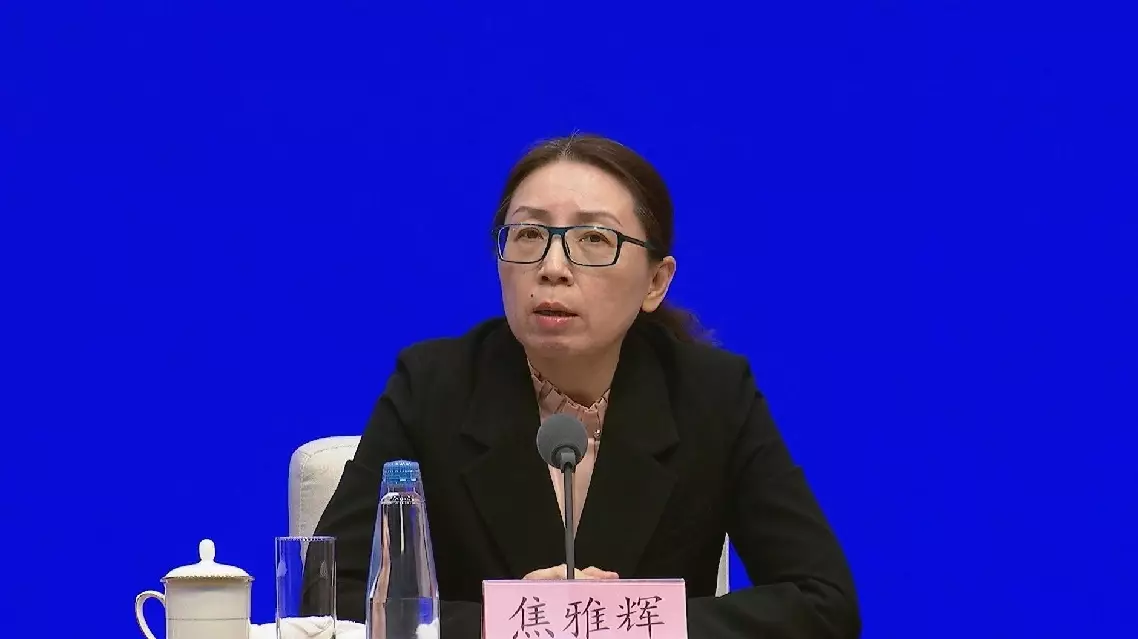
China moves to expand foreign investment in healthcare sector
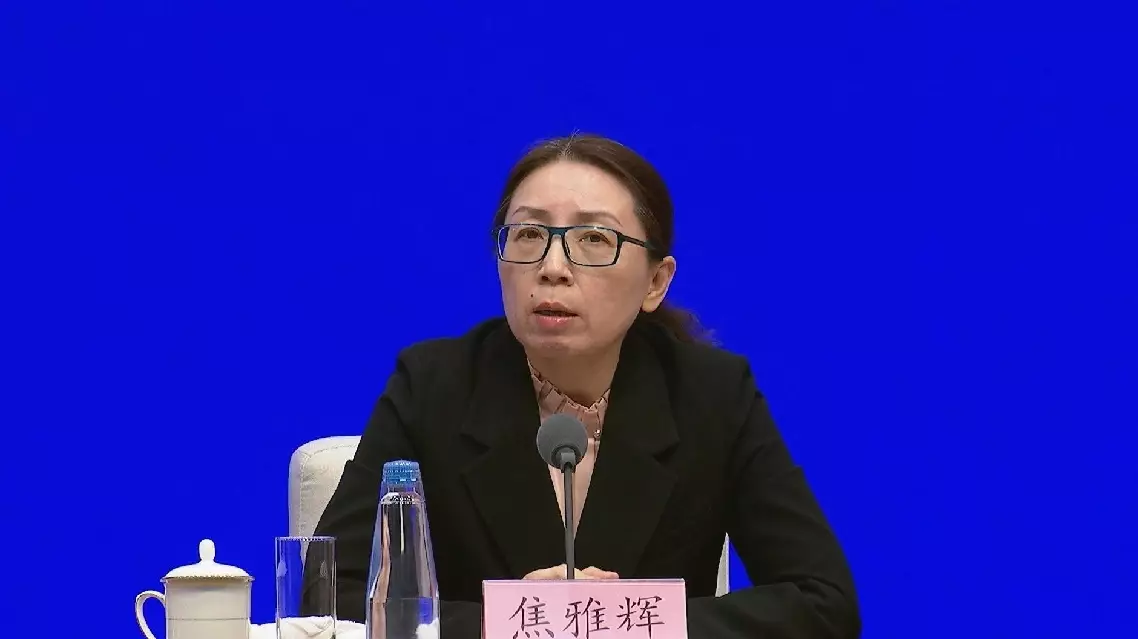
China takes actions to expand foreign investment in health sector
A Chinese language media commentary pointed out that the Trump administration's first 100 days were full of epic policy failures, and it faces mounting domestic and international criticism.
An English translation of the commentary published on Wednesday by the Chinese language media outlet The Real Point is excerpted as follows:
"Unprecedented destruction and chaos," "an epic failure," and "Destructive 100 days" -- are just a few of the harsh phrases dominating headlines as the Trump administration completed its symbolic 100-day mark on April 29. Instead of public approval, the U.S. government is now grappling with a wave of condemnation at home and abroad.
Public opinion reflects this disapproval. According to a joint poll conducted by American media organizations, 55 percent of respondents disapprove of the Trump administration's first 100-day performance - the lowest rating for a U.S. president at this point in office in the past 80 years.
It has been a swift and sharp fall for Trump to slide from a commanding electoral victory three months ago into deep internal and external setbacks. In its first 100 days, the U.S. administration implemented sweeping layoffs, cracked down on immigration, slashed scientific research funding, and aggressively imposed "reciprocal tariffs" on nearly all trade partners. These policies have delivered real harm to American society and the economy.
A Nature magazine survey found that about 75 percent of U.S.-based scientists are now considering leaving the country. Prominent commentator Fareed Zakaria warned that the U.S. administration has managed to erode the foundations of America's scientific leadership in just three months.
The U.S. government believes that high tariffs would revive domestic manufacturing and create jobs. However, the misjudgment of its own economic problems and responses that run counter to economic principles have only triggered social anxiety and market panic, exacerbating its own predicament. As pointed out by U.S. media outlets such as Business Insider, the U.S. lacks the necessary conditions for the return of manufacturing in terms of economic ecosystem, supply chains, and labor force reserves. From automobiles to Apple iPhones, production remains dependent on the global manufacturing ecosystem. Imposing tariffs is a totally self-destructive move for the U.S.
An increasing amount of data supports this point: A recent CNN poll shows that 60 percent of Americans believe government policies have increased the cost of living. Data released by the University of Michigan indicates that the U.S. Consumer Sentiment Index fell by 8 percent in April compared to March, marking the fourth consecutive month of decline. Prominent figures including former U.S. Treasury Secretary Lawrence Summers have warned that if current tariff policies remain unchanged, there is more than a 60 percent chance the U.S. economy will enter a recession, and the inflation rate could rise to between 3.5 percent and 4 percent this year. The International Monetary Fund (IMF) recently released a report predicting that U.S. economic growth will slow to 1.8 percent in 2025 -- the largest downward revision among developed economies.
Not only that, over the past 100 days, the three major U.S. stock indexes have each dropped by more than 8 percent, the U.S. dollar index has continued to decline, and U.S. Treasury bonds have seen an unusual wave of sell-offs by foreign investors. In the services trade sector, job losses have occurred due to retaliatory measures from other countries. As Bloomberg puts it, the so-called "America First" economic revolution has quickly turned into "America Last." Agence France-Presse commented that the American people's expectations for a "100-day honeymoon" have been shattered. The New York Times said that the government's "100-day blitz" could lead the United States into a "historic recession."
As the world's largest economy, the U.S. has also caused significant disruption to the global order with its "100-day shockwave". From once again withdrawing from the Paris Agreement on climate change to inserting its own agenda into the Ukraine issue and betraying the interests of its allies, from repeatedly threatening to annex Greenland to flip-flopping on tariff policies -- the selfishness of American-style hegemony has been laid bare. People are beginning to see clearly: the so-called "America First" is, in fact, "America at Risk." The U.S. is drifting further and further away from the rest of the world.
Compromise isn't the way out when facing hegemonism. Over the past 100 days, many countries have firmly resisted U.S. tariff coercion. China was the first to launch countermeasures, not only firmly defending its own legitimate interests, but also upholding the international economic and trade order as well as global fairness and justice. The recently concluded BRICS Foreign Ministers’ Meeting in Brazil voiced strong support for multilateralism, the defense of the multilateral trading system, and opposition to unilateral bullying -- a clear "BRICS voice" on the global stage.
Even the U.S. allies have come to realize that making concessions to the U.S. will only lead to greater losses. For example, the European Union has implemented its first round of counter-tariffs against the U.S., and Japanese Prime Minister Shigeru Ishiba has made it clear that Japan "does not intend to compromise just to reach a quick tariff agreement."
Now, many economies around the world are preparing to confront the United States at the negotiating table while simultaneously expanding external cooperation to mitigate risks and enhance resilience. Yasar Jarrar, a professor at Hult International Business School in the U.S., pointed out that the U.S. tariff hikes will force emerging economies to reduce their external dependence and strengthen domestic innovation capabilities. According to the IMF, emerging market countries are expected to contribute 60 percent of global growth by 2027. The U.S. government intended to use maximum pressure to extract greater concessions from other countries but instead met repeated setbacks and isolated itself.
Alarm bells are ringing for the 100-day-old Trump administration. If it insists on waging a trade war against the world, it will drain its own economy, inflict greater hardship on its people, and inevitably undermine its political foundation. On a deeper level, the past "100 days of chaos" serve as a stark reminder: the law of the jungle wins no public support, hegemonism cannot go unchecked, and the tide of economic globalization is irreversible. Openness, cooperation, and mutual benefit remain the only viable path forward.
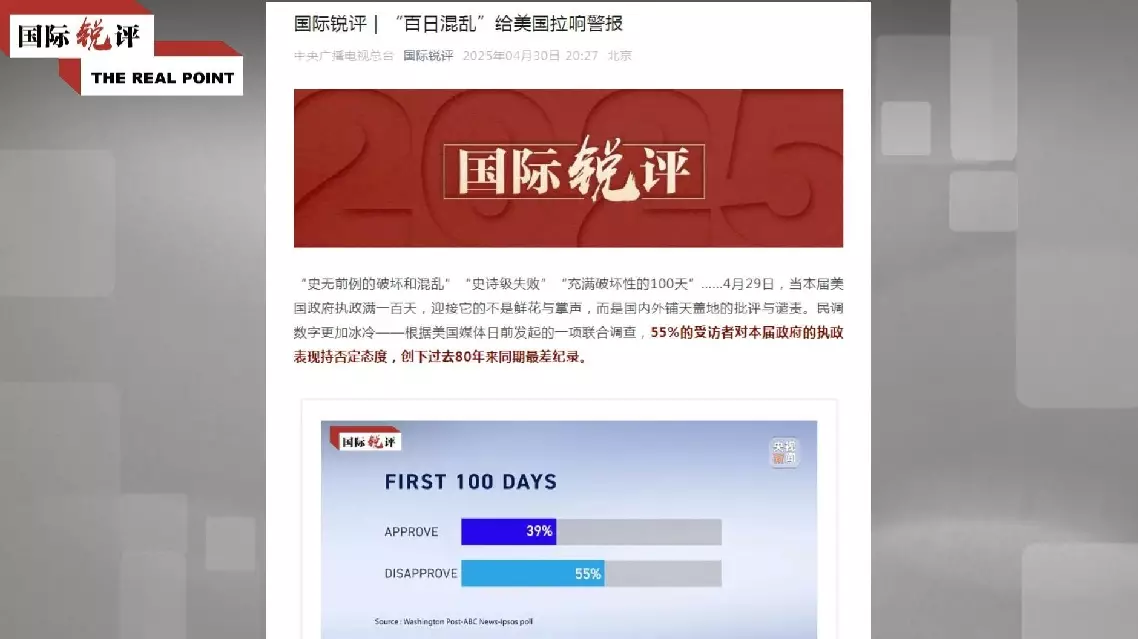
Trump's first 100 days full of chaos, policy failures: commentary




